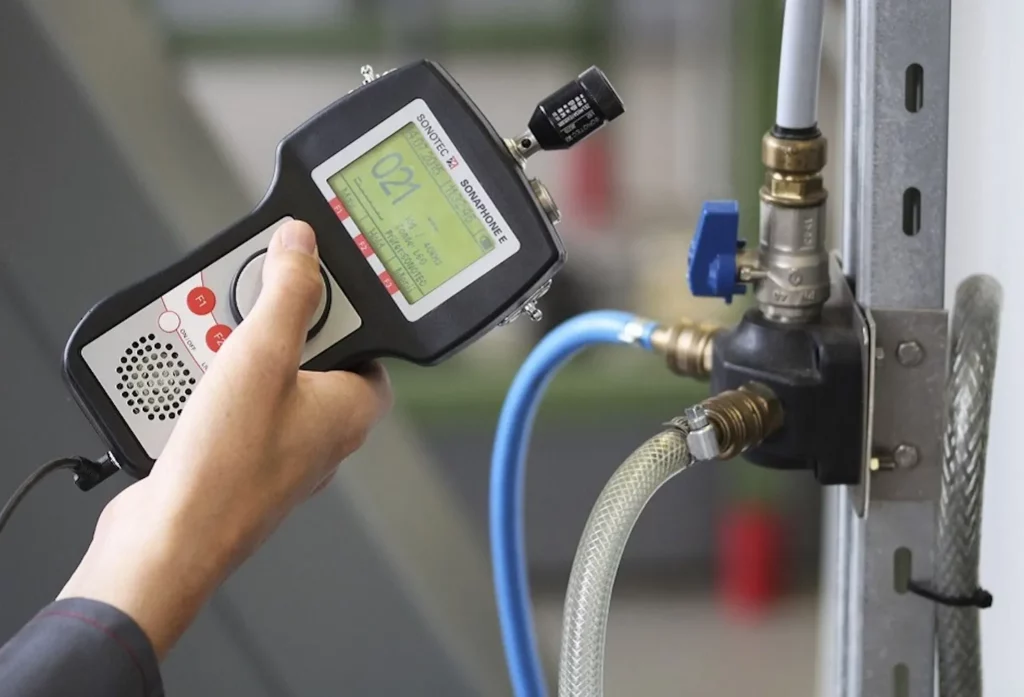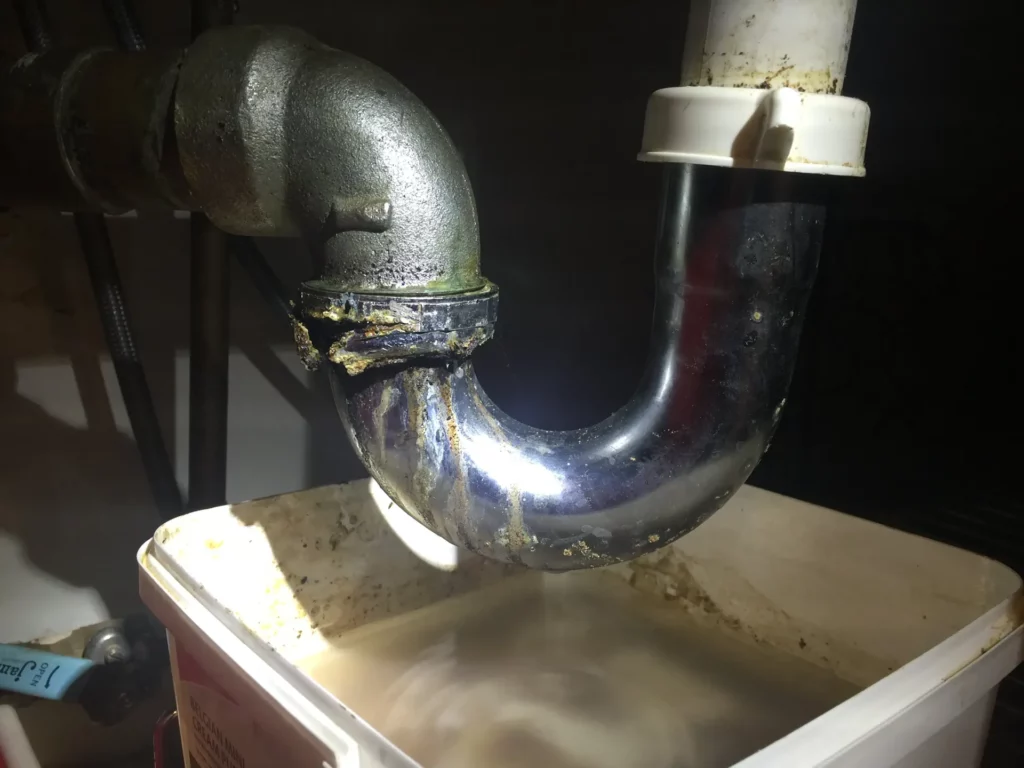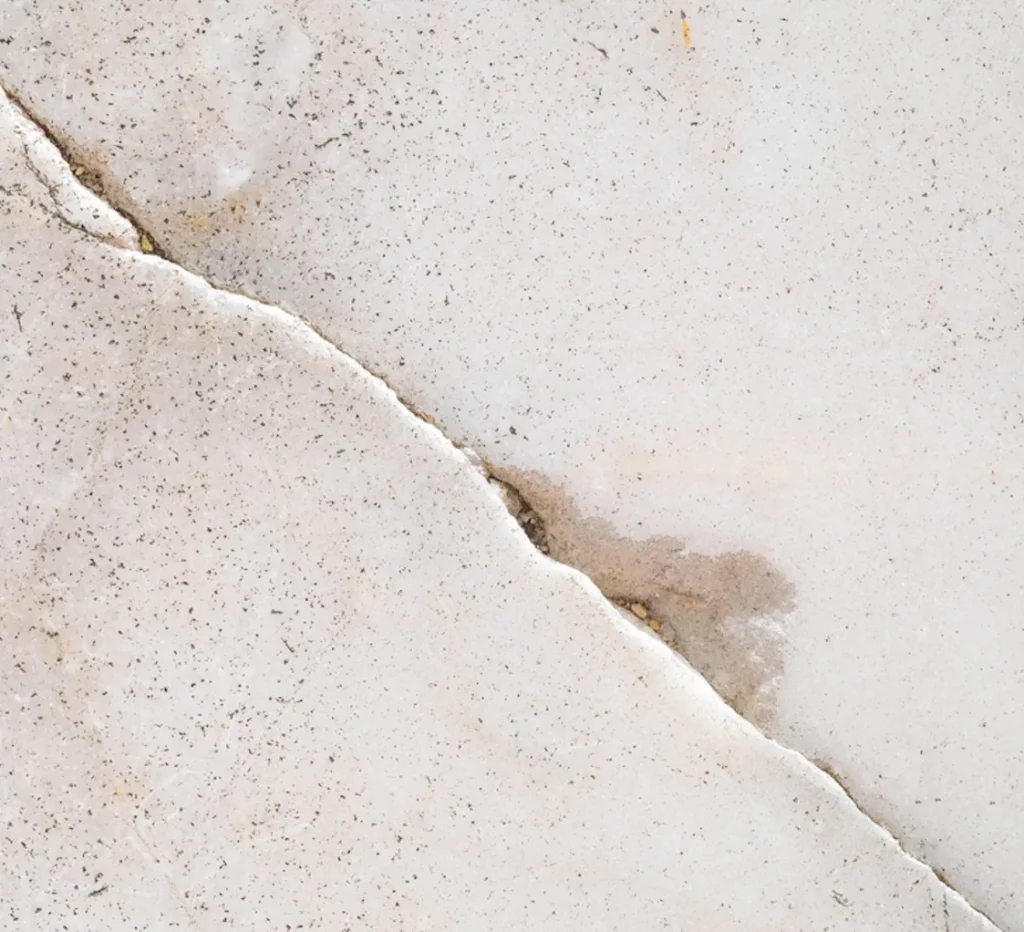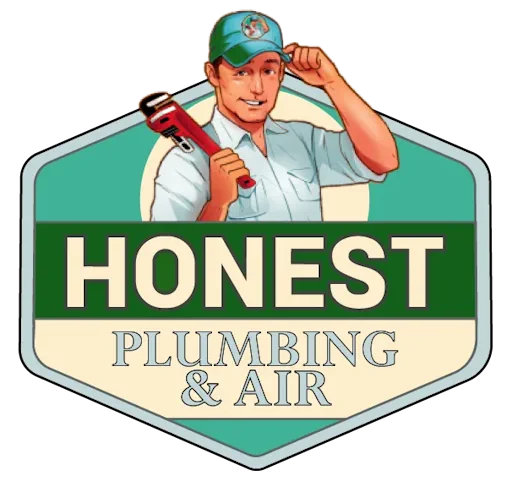Leak Detection
Plumbing inspections and leak detection services are important for ensuring the quality and longevity of your plumbing system. Inspections help identify potential problems so that they can be fixed before they become major issues. In addition, leak detection services can save you money by preventing water damage to your home, so taking these steps now can save you time, money, and hassle in the long run. If you’ve noticed a jump in your water bills or low pressure throughout your home / business, you may be experiencing a water leak. Our solution for you is our Leak Detection services. Water leak detection is the process of finding and repairing water leaks within a plumbing system. This essential service is performed by one of our qualified plumbers with the training and experience necessary to locate hidden water leaks and make repairs. Going undetected, even a small leak can turn into a big problem. Hundreds of gallons of water can be wasted daily that eventually cause mold, mildew and other damage to occur. We use specialized leak detection equipment, such as acoustic sensors and high-definition cameras, to help locate leaks.
We can assist you with finding and repairing the 3 types of leaks that can exist within your home:
- Fixture leaks
- Pipe leaks
- Slab leaks

Fixture Leaks
Fixture leaks are the most common type of home leak and are easy to detect. Dripping faucets and running toilets are examples of fixture leaks. Fixture leaks seem small but can lead to higher water bills and be a sign of a bigger issue. Constant running water or dripping can cause costly damage to your home, worsen the existing leak, and result in expensive plumbing repairs. Plumbing leaks can also lead to pipe or fixture corrosion over long periods of time, resulting in a leak or burst pipe.
Pipe Leaks
A pipe leak occurs when a pipe is damaged and allows water to escape into your home. This type of leak is a serious problem because it often means underlying damage in your foundation or walls related to settling issues in the ground below your property. These types of leaks can go unnoticed for an extended period of time and cause serious damage to your home.

Slab Leaks
When water seeps through cracks in concrete slabs such as patios, walkways, and driveways, slab leaks occur and cause surface damage. There’s 4 main reasons that slab leaks occur. First is soil expansion or contraction, especially in climates where the soil shifts from wet to dry, which happens frequently during Arizona’s monsoon season. The second most common reason for slab leaks is improper materials or installation during construction. If the wrong pipe is used or becomes damaged, bent, or kinked during the install, over time and with pressure applied it can burst. Next, abrasion over time and other outside pressures can become a factor. As the pipes are continually used, they can vibrate or rub together in addition to expansion and contraction for temperature changes. Outside pressures, such as tree roots and soil erosion can also lead to pipes bursting. Finally, and often least considered, is chemistry. If the water running through the pipes is too acidic or has alkaline levels that are too high, it can corrode the pipes from the inside out.
If leaks of any size are left untreated in your home, mold can form causing more extensive and more expensive repairs needing to be done. It is highly recommended not to take on the task of fixing these leaks on your own. Water leak repair is a highly specialized task that should be done by a licensed professional. It requires a thorough understanding of your home’s plumbing and electrical systems as well as the tools and equipment needed to perform the job. If water leaks are not promptly repaired, they can cause significant structural damage to your home and/or foundation. In addition, finding and repairing a leaky pipe that has been hidden for some time could require tearing apart walls or other structures to locate it. Our trained, experienced, and certified plumbers will be able to tell whether your leaky pipe is a quick and simple fix or if it requires more extensive repairs before moving forward so that everything goes smoothly once we start working on it directly.

